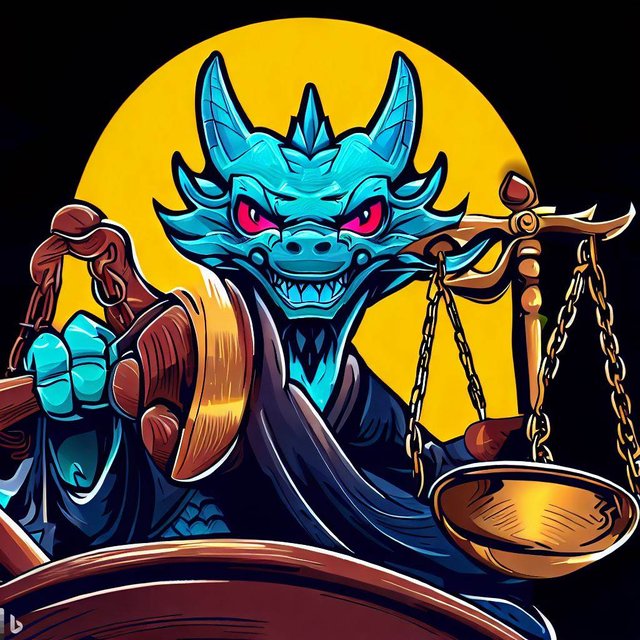SEC Sues Binance and Coinbase: What You Need to Know

The US Securities and Exchange Commission (SEC) has filed lawsuits against two of the largest cryptocurrency exchanges in the world: Binance and Coinbase. The lawsuits, which were filed on June 5 and June 6 respectively, accuse the exchanges of violating federal securities laws and operating as unregistered brokers, exchanges and clearing agencies. The lawsuits could have significant implications for the cryptocurrency industry and its users, as they could result in fines, penalties, injunctions and even criminal charges for the defendants.
What are the allegations against Binance and Coinbase?
Binance is the world’s largest cryptocurrency exchange by trading volume, offering hundreds of crypto assets and services to millions of users globally. The SEC alleges that Binance and its CEO Changpeng Zhao (CZ) have operated a “web of deception” since 2019, by allowing US customers to access Binance.com, which is not registered with the SEC and offers crypto assets that are considered securities under US law. The SEC also claims that Binance and CZ have failed to implement adequate anti-money laundering and customer identification procedures, and have engaged in market manipulation, insider trading and fraud.
Coinbase is the largest cryptocurrency exchange in the US, with over 68 million verified users and a market capitalization of over $50 billion. The SEC alleges that Coinbase has also traded crypto assets that are securities without registering with the SEC, and has acted as an unregistered broker, exchange and clearing agency for its customers. The SEC also accuses Coinbase of failing to disclose material information to its investors, such as its revenue sources, financial condition, risk factors and conflicts of interest.
What are the potential consequences of the lawsuits?
The lawsuits filed by the SEC are civil actions, which means that they seek monetary damages and injunctive relief from the defendants. However, the SEC could also refer the cases to the Department of Justice for criminal prosecution, which could result in prison sentences for the individuals involved. Additionally, the lawsuits could trigger investigations by other regulators, such as the Commodity Futures Trading Commission (CFTC), the Financial Crimes Enforcement Network (FinCEN) and state authorities.
The lawsuits could also have a significant impact on the cryptocurrency industry and its users, as they could force Binance and Coinbase to comply with US securities laws or cease their operations in the US market. This could result in reduced liquidity, increased fees, limited access and reduced innovation for crypto investors and traders. Moreover, the lawsuits could set a precedent for future enforcement actions against other crypto platforms and projects that offer or deal with crypto assets that are deemed securities by the SEC.
How are Binance and Coinbase responding to the lawsuits?
Both Binance and Coinbase have denied the allegations made by the SEC and have vowed to fight them in court. Binance has stated that it has always complied with local laws and regulations wherever it operates, and that it has robust compliance programs in place to prevent illicit activities on its platform. Binance has also claimed that it has never solicited or accepted US customers on Binance.com, and that it has a separate entity called Binance.US that is registered with FinCEN and operates under US laws.
Coinbase has stated that it has always been transparent with its investors and customers, and that it has cooperated with the SEC for years to seek regulatory clarity for the crypto industry. Coinbase has also argued that it does not trade any crypto assets that are securities, as it only lists assets that have been approved by its internal legal team and external counsel. Coinbase has also expressed its frustration with the SEC’s lack of guidance and communication on crypto regulation.
What should you do as a crypto user?
If you are a user of Binance or Coinbase, you should be aware of the risks involved in using these platforms amid the ongoing lawsuits. You should also monitor any updates or announcements from these exchanges regarding their legal situation and their impact on your account or transactions. You should also consider diversifying your portfolio across different platforms or wallets, or using decentralized exchanges (DEXs) that do not require registration or intermediaries.
However, you should also keep in mind that these lawsuits are not necessarily indicative of the end of crypto or its regulation in the US. The lawsuits could also provide an opportunity for constructive dialogue between the crypto industry and regulators, leading to more clarity and certainty for all stakeholders. Ultimately, the outcome of these lawsuits could shape the future of crypto in the US and beyond.